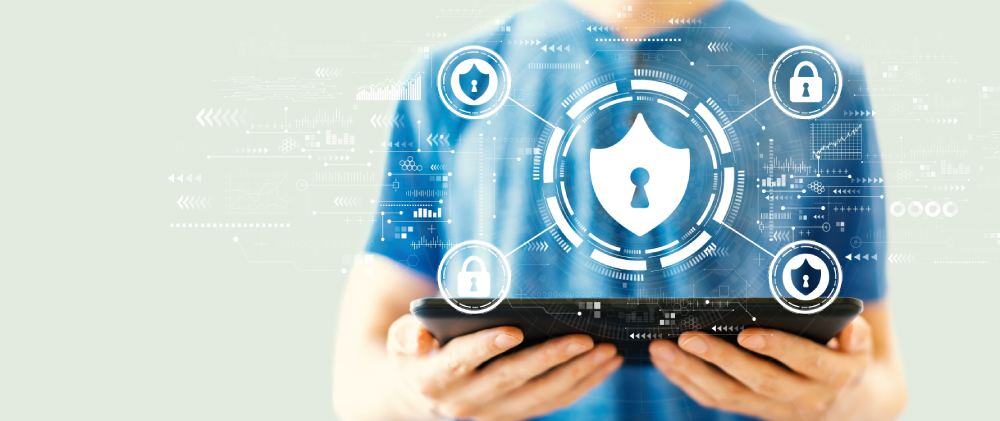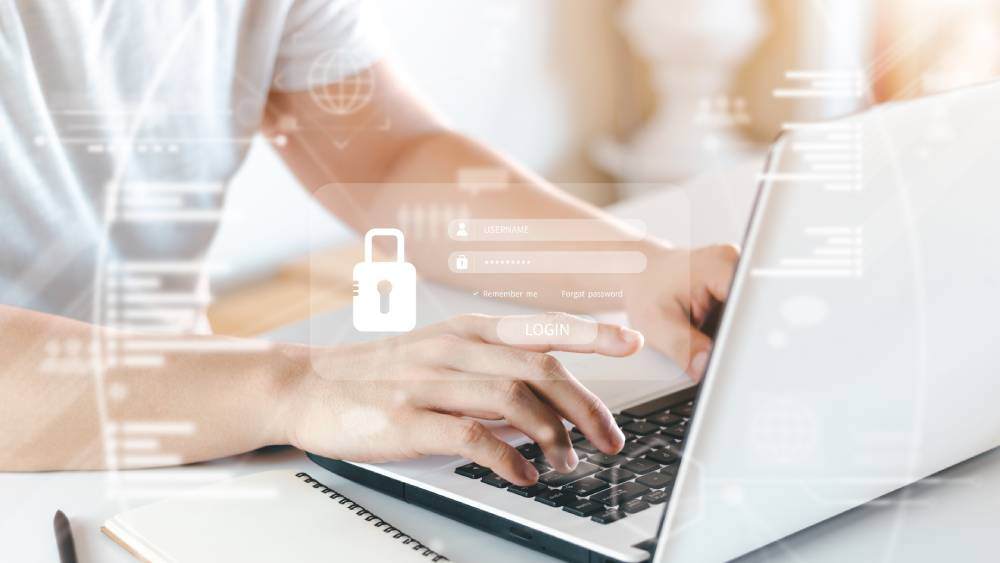Ensuring Data Privacy and Secure Wireless Conferencing in the Age of Hybrid Work
In the wake of the global pandemic, the way we work underwent a seismic shift. Hybrid work models, combining remote and in-office work, became the...
3 min read
Frederic Nestler
:
5/22/23 12:00 AM

In today’s digital age, student data privacy has become a growing concern for parents, educators, and policymakers. With the increasing use of technology in schools, students’ personal information is being collected and shared more than ever before. The rise of digital learning tools, online assessments, and cloud-based storage solutions has made data protection a critical issue in the education sector. It is the responsibility of schools to ensure that this data is protected and used appropriately.
Digital learning environments, while offering numerous educational benefits, also pose significant risks to student data privacy. For instance, classroom cameras and various educational apps can be vulnerable to hacking. There have been numerous reports of cyberattacks targeting school CCTV systems, leading to unauthorized access to live feeds. Similarly, educational software can sometimes inadvertently collect more data than necessary, creating potential privacy issues.
Moreover, as wireless presentation systems become popular tools for teachers to share content with their students, these systems can also present risks if not properly secured. Without adequate safeguards, these systems can become entry points for cybercriminals looking to exploit vulnerabilities in school networks.
ASTROS wireless presentation solution is designed with features to ensure the privacy and security of screen sharing in classrooms. This article will provide four essential tips for protecting student data privacy when using ASTROS.
One of the most basic yet crucial steps in protecting student data privacy is securing your wireless network with strong passwords. Passwords act as the first line of defense against unauthorized access.
To prevent unauthorized users from hacking into ASTROS, it’s essential to set up strong passwords for both ASTROS Manager and Web Moderation. ASTROS Manager is a management system that enables IT staff to configure ASTROS Station quickly, while Web Moderation allows teachers to control students’ screen sharing. Both ASTROS Manager and Web Moderation require administrators to enter a password and login. We strongly recommend changing the default password to enhance data privacy.
Consider setting up a login code for your ASTROS Station. The login code will appear on the standby screen, visible only to those in the room. This ensures that individuals outside the room cannot share the screen or view the displayed content. For instructions on setting up a login code, refer to the user manual.
ASTROS Standby Screen Interface: You can set up a Login Code to strengthen data security.

Encryption is a critical component of data security. It transforms readable data into an unreadable format, ensuring that only authorized parties can access it.
ASTROS prioritizes users’ data privacy by implementing robust encryption mechanisms. For instance, you can activate WPA2 encryption to enhance the security of your network. Additionally, ASTROS utilizes TLS encryption for all communications, and authenticated encryption for video and audio communications. This ensures that all data transmitted through ASTROS is protected against unauthorized access. By employing these advanced encryption techniques, ASTROS ensures that student data remains confidential and secure.
Active monitoring of access to the wireless presentation system is essential for maintaining security. Teachers need tools to oversee who is connected and sharing content at any given time.
ASTROS Moderation empowers teachers to monitor their students’ connection status and manage the content displayed on the screen. Additionally, there is a handy feature that enables teachers to detect unauthorized users attempting to access the shared content. By accessing the Moderation menu, teachers can effortlessly check the number of connected users and remote view users. If there are more users than individuals in the room, the teacher can either turn off Remote View or disconnect unauthorized users. With ASTROS Web Moderation, teachers can even preview the connected users’ screens. To learn more about how to use Moderation, please refer to the user manual.

Web Moderation Menu Interface
Educating students about data privacy is an often overlooked but vital aspect of maintaining a secure digital environment. Students must understand the importance of safeguarding their personal information and the potential risks associated with mishandling data.
The best practices for data privacy should be taught to students. This includes teaching them how to handle private information, such as not sharing passwords, avoiding dubious links, and avoiding downloading unauthorized software. Teaching students about their rights and how to respect their privacy is also crucial. Empowering students with this knowledge will help them become more responsible digital citizens and protect their personal information.
The emphasis on data privacy in education extends beyond individual classrooms. Data breaches can have significant implications for educational institutions, including legal consequences and loss of trust from parents and the community. According to a 2020 report by the K-12 Cybersecurity Resource Center, there were over 1,000 publicly disclosed cyber incidents affecting K-12 schools in the United States alone. These incidents highlight the urgent need for robust data protection measures in educational settings.
Educational institutions are also subject to regulations such as the Family Educational Rights and Privacy Act (FERPA) in the United States, which mandates the protection of student information. Schools must comply with these regulations to avoid penalties and ensure the safety of their students' data.
Protecting student data privacy should be a top priority for schools. With the rise of digital learning tools and wireless presentation systems, it is crucial to implement robust security measures. ASTROS offers a comprehensive solution with features designed to safeguard student data. By creating strong passwords, implementing encryption, monitoring access, and educating students on data privacy, ASTROS ensures that the classroom environment remains secure.
If you are interested in installing ASTROS in your classroom, get in touch for more information. Together, we can create a safer, more secure learning environment for students.
Just fill in your details and one of our experts will get back to you shortly.

In the wake of the global pandemic, the way we work underwent a seismic shift. Hybrid work models, combining remote and in-office work, became the...

2 min read
Engaging students in a virtual classroom can be challenging, but with the right strategies, you can ensure that they stay active and involved in...

3 min read
As children grow and develop, they naturally learn and refine their social skills through interactions with others. These social skills are crucial...